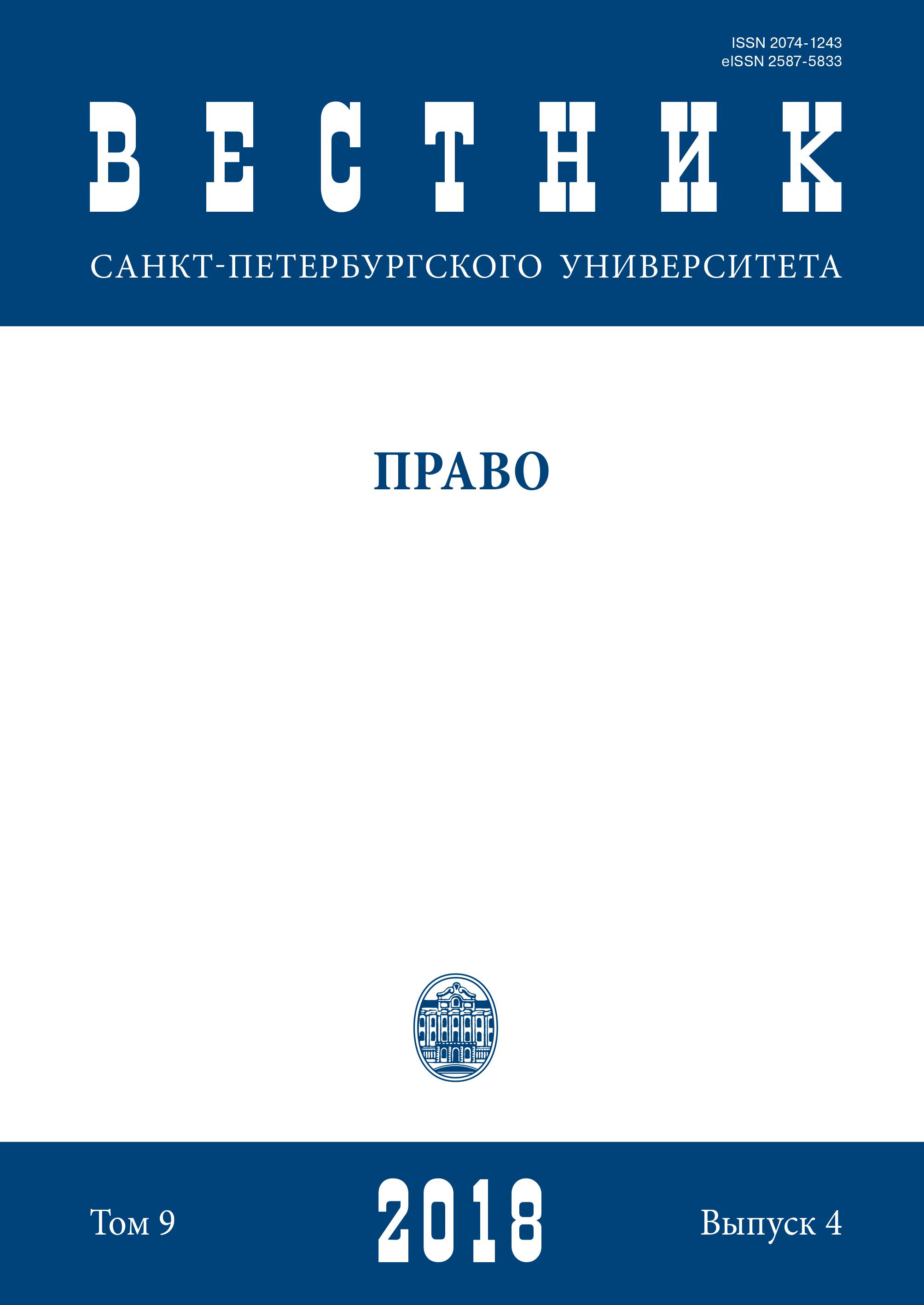Criteria underlying decision making on punishment: Law enforcement practice empirical analysis
DOI:
https://doi.org/10.21638/spbu14.2018.406Abstract
Three aspects of the punishment imposing process are considered in the article, namely the legislative regulation, the court practice and the judge’s attitude toward the punishment imposing process. The aim of the research is to understand how the judges impose punishment, how they choose a certain sanction among different alternatives, which reasons underlie this choice and which objects are purposed by judges. In the introduction, the authors put the research question which concerns the grounds underlying the decision making on punishment and the duty to justify this decision in the sentence according to the Supreme Court of the Russian Federation legal position. The research part consists of the empirical analysis which includes two parts. The first part is based on the sociological method of interview. The interviewing of practicing judges allows to understand and to analysе the logic of punishment imposing process. The second part includes the comparison of judges’ answers given during the interview with the reasoning stated in the sentences delivered by those judges. It allows drawing the conclusion that there is a gap in the legal regulation of the punishment imposing process. One the one hand, the criteria, the courts rely on while making a decision on punishment, are non-legal, and the legislation lacks the legal ones. On the other hand, the procedure of criminal sanction determination lacks clear legal regulation. The authors underline that the procedural part of decision making on punishment requires scientific investigation and should be developed by legal scholars. The conclusions of the research can constitute a basis for a range of further researches encompassing different human sciences and give impetus to the improvement of the procedural aspect of punishment imposing process and the law enforcement practice.
Keywords:
purposes of punishment, the imposition of punishment, individualization of punishment, proof, personal characteristics, reasoning
Downloads
References
Downloads
Published
How to Cite
Issue
Section
License
Articles of "Vestnik of Saint Petersburg University. Law" are open access distributed under the terms of the License Agreement with Saint Petersburg State University, which permits to the authors unrestricted distribution and self-archiving free of charge.






